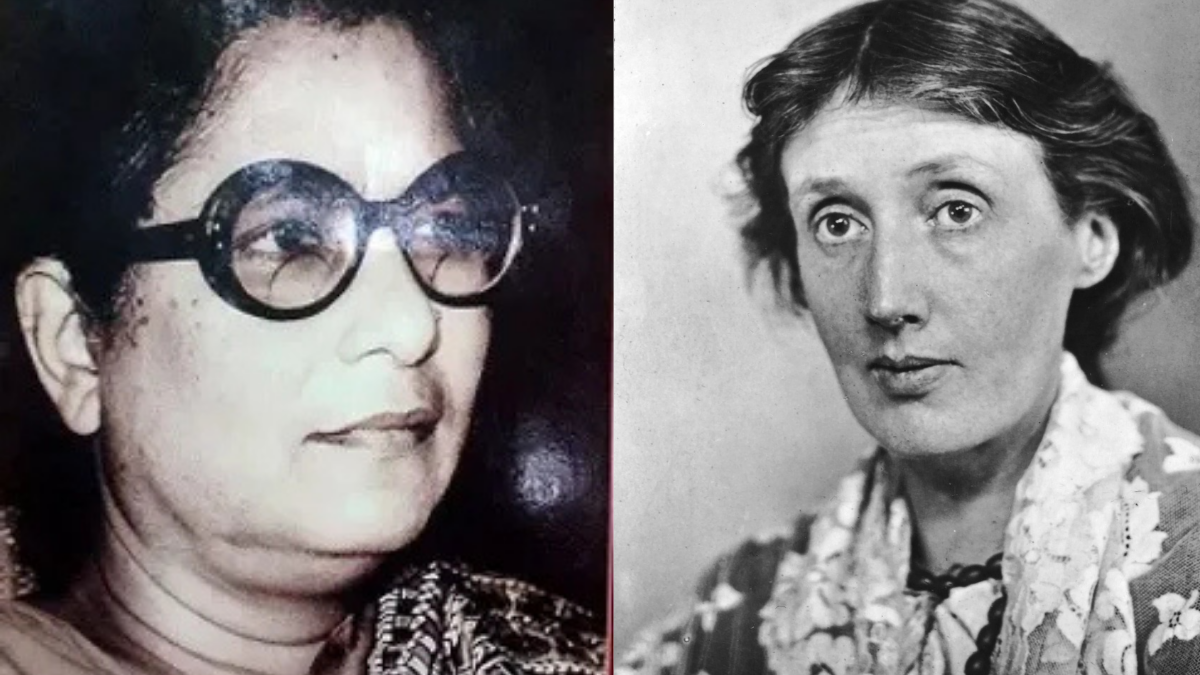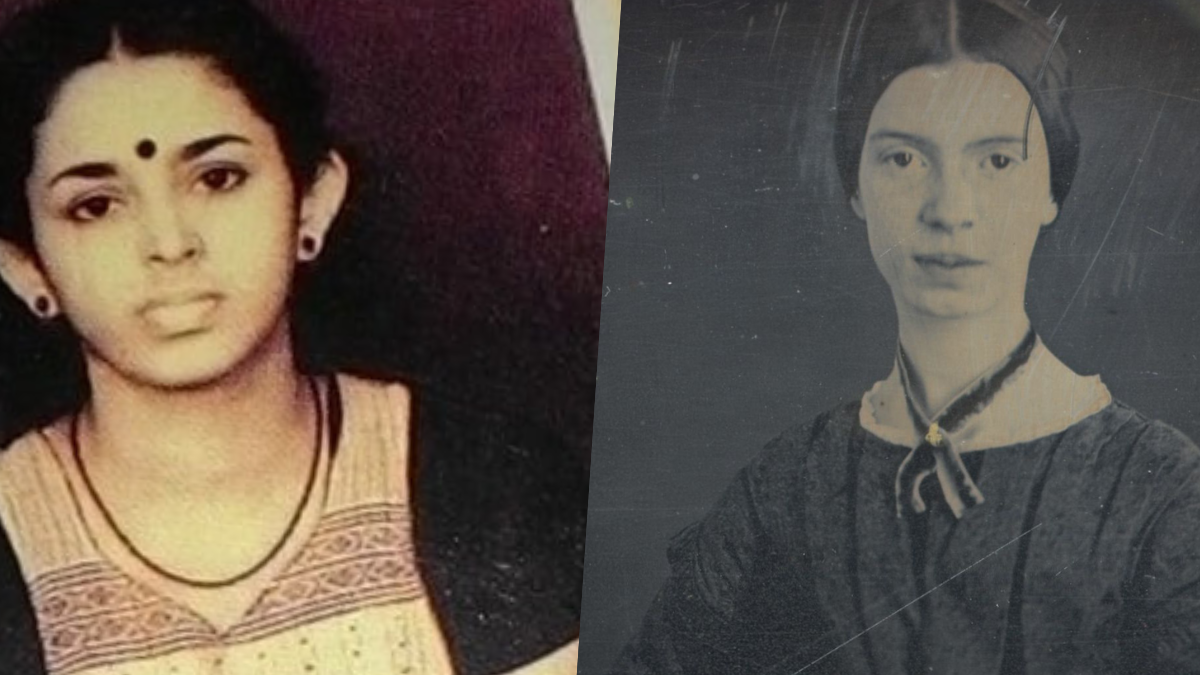For years, Quid-Pro-Quo has been an accepted but secretive practice, which has enabled a plethora of exploitative activities by various men in positions of power. Stories of women walking away from the theatre traumatised by what is asked of them is not unheard of. These stories have been normalised to the point that most people look the other way when they are spoken of on social media. Or worse, they come in to defend the perpetrator. In many cases, situations have escalated to becoming full blown sexual offences of heinous nature. #MeToo posts have often called out many of these acts, but in most cases, the fire died down eventually.
Stories of women walking away from the theatre traumatised by what is asked of them is not unheard of.
Nonetheless, in the past, people have often cheered on the women who participated in social media call-outs but no positive action was taken to ensure that such practices are not repeated. This indolence results precisely because of a lack of guidelines or a proper framework adapted to modern sensibilities. Thankfully, this is changing with the formulation of the Surokkha Istehar. But more on that later.
What happened between 2nd March and now?
Sudipto Chatterjee is an accused sexual harassment perpetrator who has an ongoing sexual assault case registered against him. He has been shielded by powerful people within Bengali theatre for a while. On the 2nd of March, 2024, Sudipto Chatterjee took to the stage, in Tin er talowar directed by Suman Mukhopadhyay, a titan of Bengali Theatre. Following an initial outpouring on social media, Daminee Benny Basu, Actor/Facilitator at The ClassAct Commune, decided to pen a heartfelt note to ‘Laal da’ as Suman Mukhopadhyay is so endearingly called.
She highlighted that Mr. Chatterjee’s inclusion as a performer, under his direction indicates to women and marginal people in theatre, that they are irrelevant and their safety is a matter of no concern to the larger theatre community. In an earlier post she wrote, ‘Everyone looks up to you Laal Dada. Offences you stand by to normalise and forgive in practice today within theatre, will be emulated by hundreds tomorrow as a model, men and women alike!’ Later, her open letter which was published in Anandabazaar Patrika online, on the 4th of April, was taken down on the 5th of April. This brazen censorship indicates a rotten system within media that works relentlessly to silence and suppress women’s voices of dissent.
Various reasons ranging from defamation to factual incorrectness were cited by people across social media justifying the removal of the letter, but a significantly strong wave of forward minded thinkers opposed this act of impertinent censorship of women’s voices. This public action prompted a meeting of like-minded people in Kolkata who are now focusing on creating a framework of practising theatre that addresses issues such as safety, security, fair labour practices, etc. This may just be the most important development for theatre in West Bengal quite yet.
Surokkha Istehar: Who are they and what plans do they have?
The Surokkha Istehar is a body of theatre practitioners from West Bengal who have come up with a draft list of collective goals for ensuring safer working spaces within theatre circles. The goals include:
- Formulation/ensuring the existence of an IC as constituted under POSH, that operates unyieldingly against sexual harassment, assault, bullying and quid pro quo oppression among other things.
- Organising regular gender sensitisation of theatre groups, theatre workers etc.
- Creation of listening circles that provide support to marginalised people within theatre.
- Instituting a common code of conduct for any participating theatre artist or worker across any theatre group in West Bengal.
- Launching a network of legal and mental health professionals to legitimise the aforementioned body/forum.
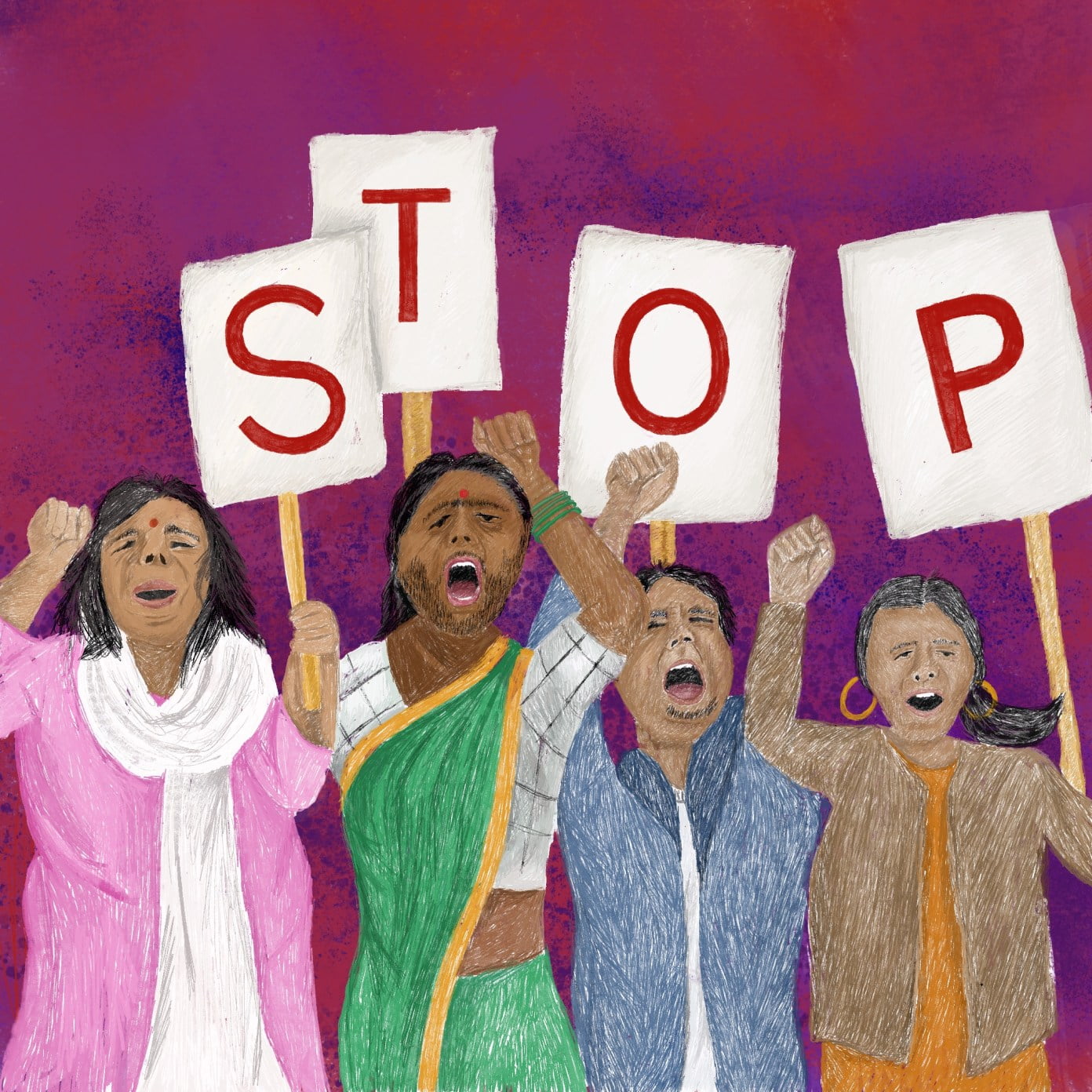
It is crucial to note that this kind or positive community led action is happening after years of oppression and the systemic practice of normalising rape culture in West Bengal theatre practising circles. While conversations and opinion pieces on how power operates among predators in cultural circles of Kolkata have long dominated public conversations regarding this issue, the ground-level work that needs to be done in order to change this reality is lined with disregard, disrespect, bureaucracy and red-tapism. It is this immense responsibility that the workers of Surokkha Istehar have now taken upon themselves.
As of the 21st of April, 2024, a signature campaign is doing the rounds where the following demands have been placed to the Paschim Banga Natya Akademi:
- A demand to know the status of an Internal Committee (IC) as per POSH guidelines and the constitution of one in case it doesn’t exist already, with immediate effect.
- The plans and programmes of the Akademi which it intends to take up in order to prevent sexual offences to ensure safety of women, minors, children and marginalised people, across all districts of West Bengal.
- A demand to obligate every Government-benefit recipient (award grantees, fellowship grantees, etc) to sign a declaration announcing that they are not associated in any form or manner with sexual offenders.
- A demand to know the ratio of the representation of women and marginalised people in the working committees of the Akademi. If found to be inadequate, an immediate revamp of the same should follow.
- Members of the Akademi, accused in sexual offences, undergoing cases in courts of law and patrons of sexual perpetrators to be expelled from the Akademi with immediate effect.
This campaign which is gradually but effectively catching fire in West Bengal, indicates towards the sea of stories that have been brushed under the carpet for years. One too many persons with interest in theatre have walked away without anyone ever bothering to find out why. Some have been asked to leave, some have compromised and yet others have found themselves having to choose between walking the quid-pro-quo line and/or settling for work beneath their station and skillset.
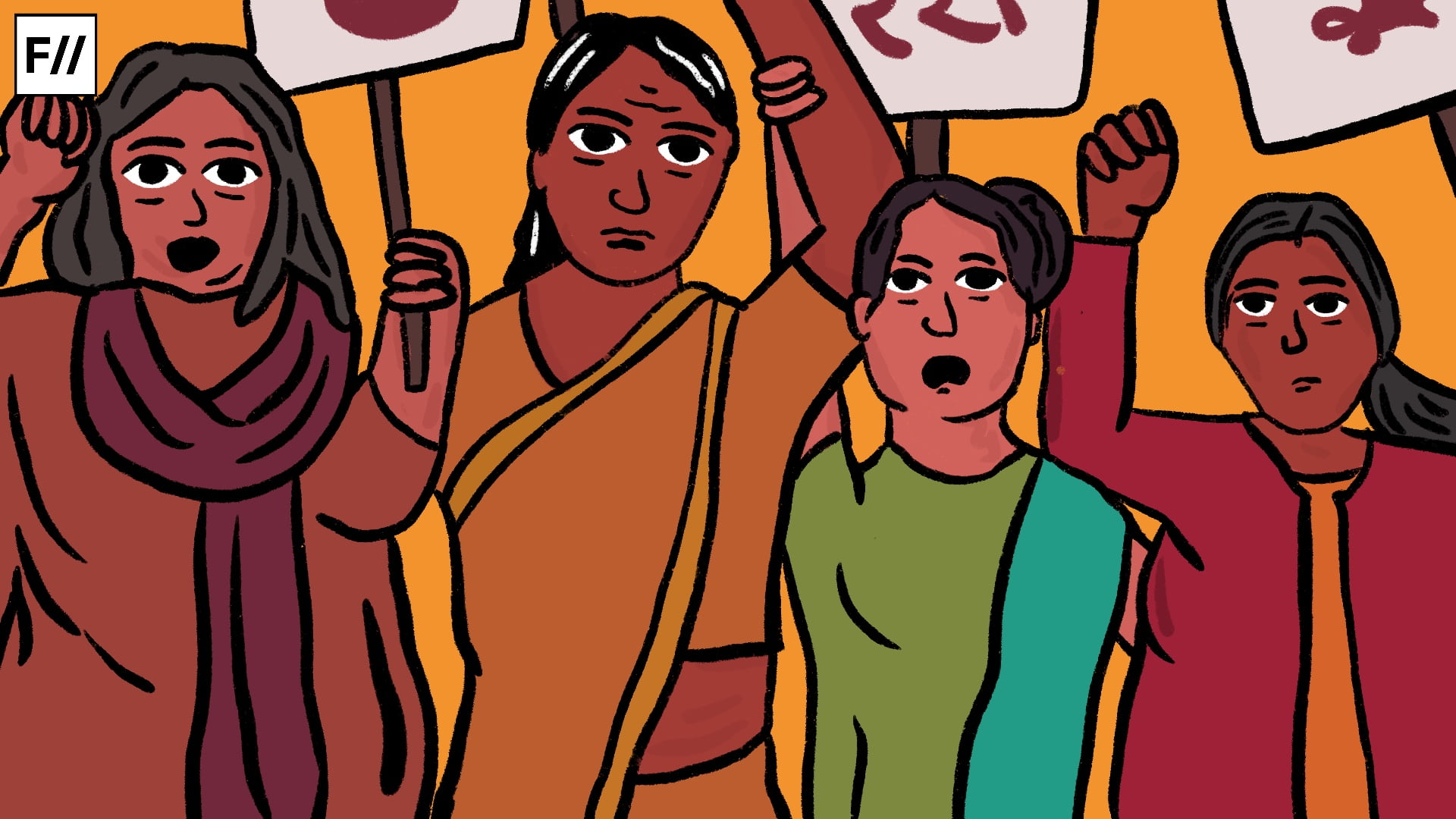
This normalisation of a work culture where “compromise” is key, and consent is a joke which can be violated with impunity in the interests of theatre practice, can only be opposed and decimated through the standardisation of basic common minimum requirements in order to practice theatre. Therefore, the aforementioned demands of the Surokkha Istehar become key to changing the current status quo.
The way ahead
Among the many developments in Bengali theatre, the initiation of common minimum standards and an IC will contribute to people getting work in exchange for their skills and not on the whims and fancies of megalomaniacs. While theatre or any form of art is subjective in nature and different directors and teams will want different ideological inclinations among the practitioners they collaborate with, zero tolerance of sexual harassment should be a bare minimum for practitioners.
That a theatre mogul like Suman Mukhopadhyay could be so insensitive as to include a predator with a currently ongoing case, in a play written by Utpal Dutta, no less, makes for a sorry joke at the expense of the survivors. It goes without saying that it is probably the magnitude of this blunder that prompted the immediate consolidation of demands that were thus far discussion thread topics in private conversations.
That a theatre mogul like Suman Mukhopadhyay could be so insensitive as to include a predator with a currently ongoing case, in a play written by Utpal Dutta, no less, makes for a sorry joke at the expense of the survivors.
Safety is a bare minimum for any profession irrespective of whether it operates in the organised sector or unorganised sector. A theatrical production has diverse individuals with differing degrees of involvement. Ensuring the safety of everyone involved is a mammoth task that can only be ensured through a certain degree of formalisation through a centralised public body. That the balls have been set rolling towards this direction as a result of the public outpouring against the inclusion of Sudipto Chatterjee in Suman Mukhopadhyay’s play, is a development to be taken note of.
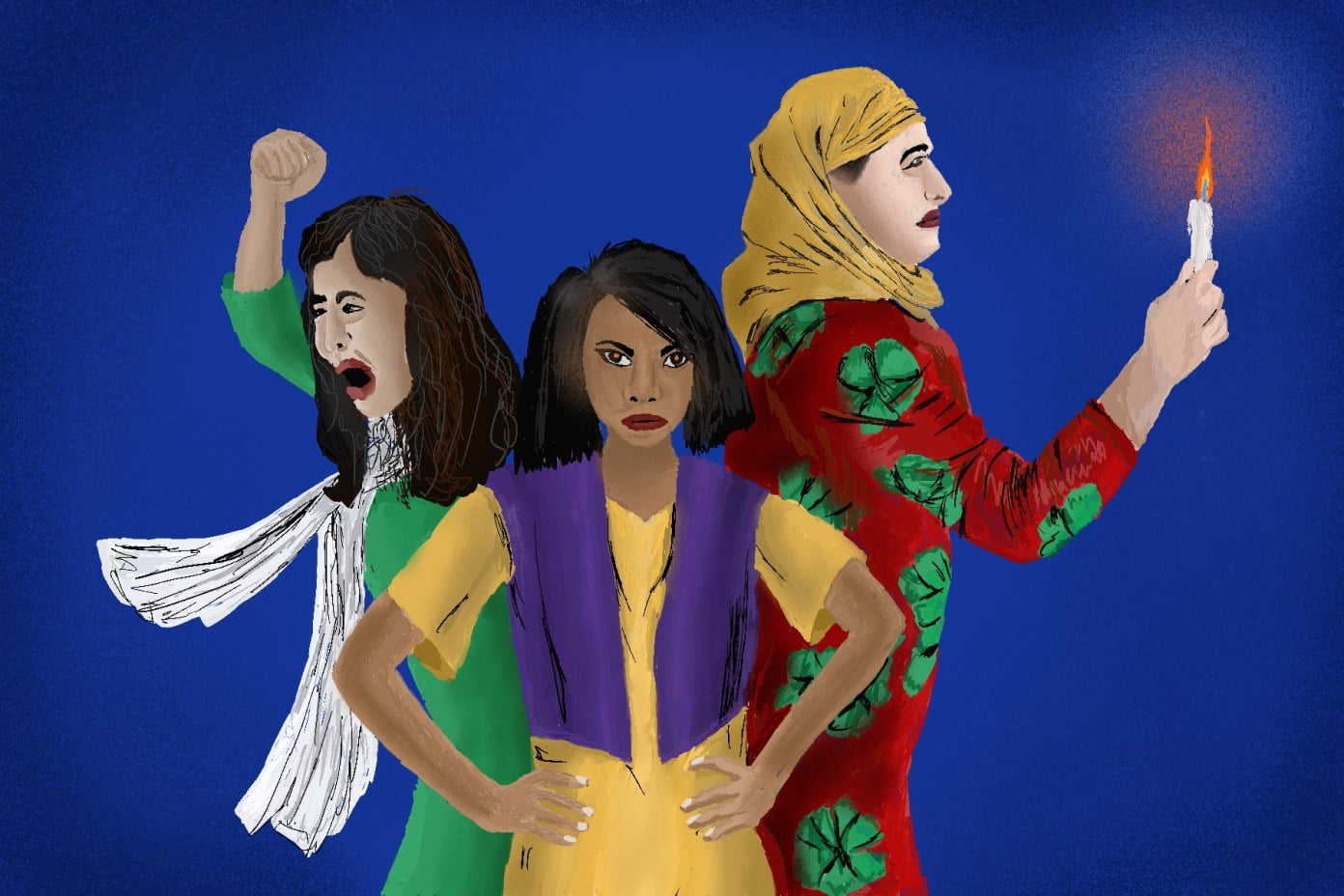
Moreover, this move has been initiated by people and theatre practitioners who empathise with the lived realities of women, queer and marginal people in theatre. While the incident that triggered it may be one which is well worth the criticism that it has received online, one can only hope that the action initiated by the Surokkha Istehar stands the test of time for this is among the most strongly constituted positive actions that reflect the need to create safe spaces in theatre.
References:
Sinha, Tannishtha. 2019. The Wire. 19 October. Accessed April 16, 2024. https://thewire.in/the-arts/sudipto-chatterjee-sexual-harassment-accusations.
Staff. 2019. Scroll. 19 October. Accessed April 17, 2024. https://scroll.in/latest/941035/theatre-actor-sudipto-chatterjee-arrested-in-kolkata-for-alleged-sexual-harassment.
About the author(s)
Utsarjana Mutsuddi, is a PhD Research Scholar working in the broader area of Cultural Studies with a focus on Performance, Cultural Texts and Indigenous Studies. She loves to write, create, cook and dream.


